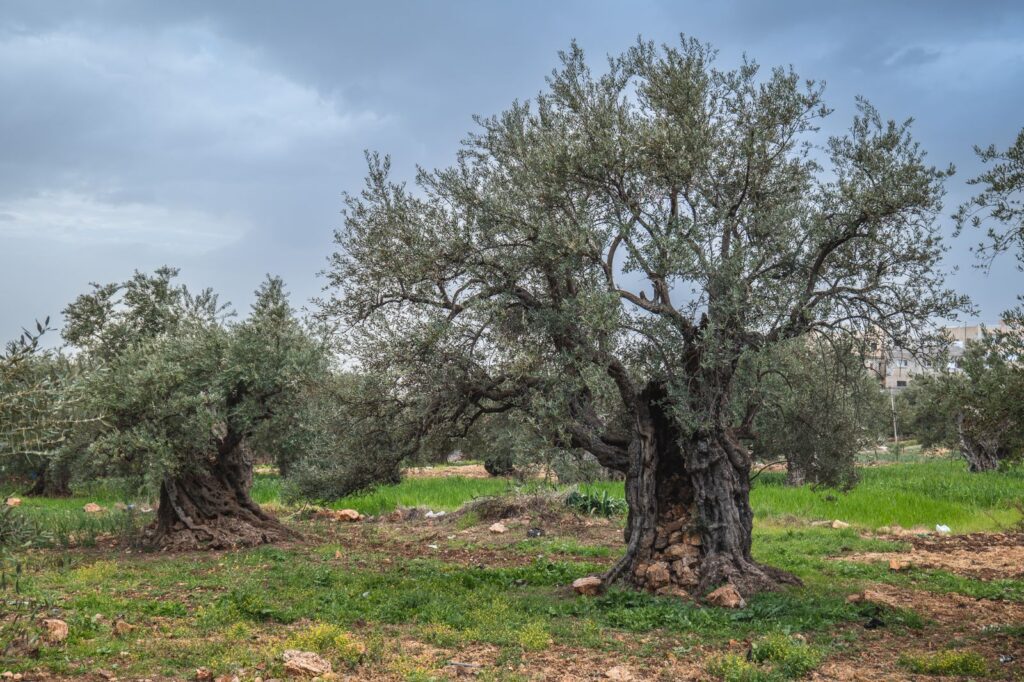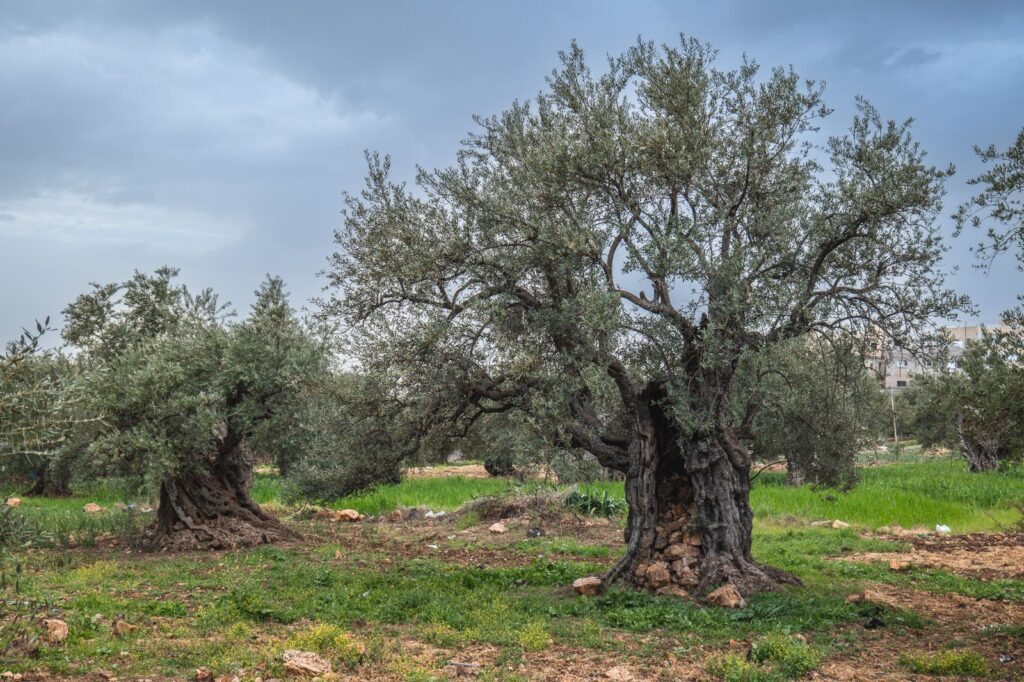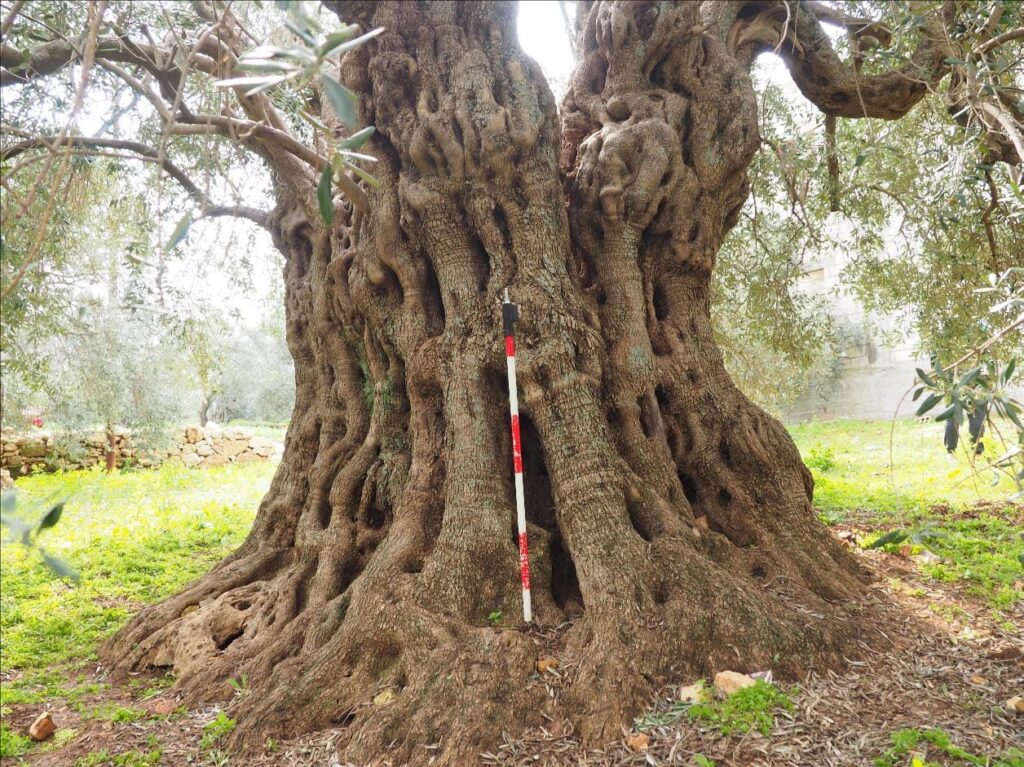The production of olive fruits from 1995 developed significantly, with production increase of 32% since 1995.
It should be noted that since 2000, Jordan has achieved self-sufficiency in olive oil and has begun a new stage of development by exporting olive oil to many countries of the world. The most important of these are the Arab Gulf countries and the USA.
The royal directives of His Majesty King Abdullah II related to the need to promote the olive sector in Jordan, and to meet the requirements of Jordan’s accession to the International Olive Council (IOC). This accession obliges member states to adopt the IOC’s international standards, including the sensory evaluation of olive oil, which is one of the most important indicators for determining the quality of virgin olive oils.
Jordan is home to a unique number of local olive varieties, however most common today are 4 major ones including 1 minor one, in addition to a recently preserved ancient variety (Mehras).
These ancient cultivars provide a unique taste and smell that reflects our age-old tradition and the combination of traditional handpicking and modern milling techniques ensures high quality.
Those local varieties include:
Nabali Baladi, Rasei, Nabali Muhassan, Souri, Shami,Kfari Romi.



